Take the High Road to Waterfowling Success
You can pursue waterfowl in many fashions and at widely varying areas. But whether you wade narrow streams, ply vast open water or hunker in muddy fields, how you conduct yourself defines you as a duck hunter.
Everyone's personal code of ethics varies, of course. But let's agree that following certain protocols lets you stay on the moral high ground. Here are six ways duck hunters can do it right.
Click here for more Realtree waterfowl hunting content. And check us out on Facebook.
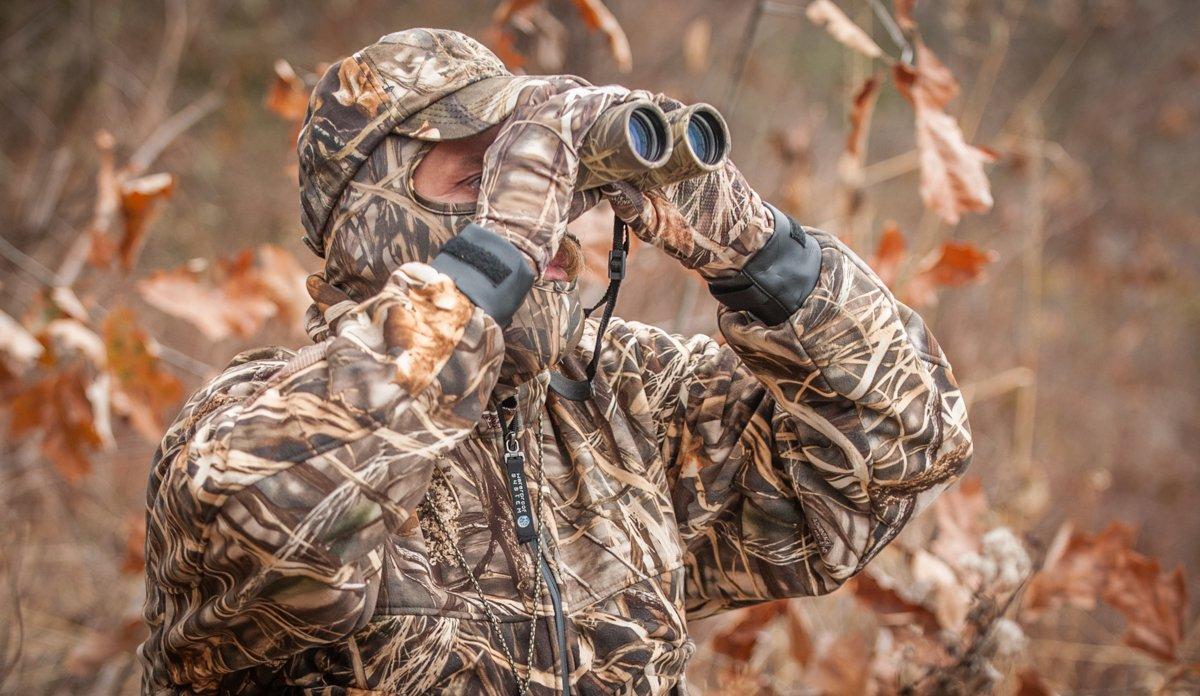
Don't lurk on social media groups or eavesdrop on barroom conversations. Grab your binos, fill up your gas tank, lace up your boots and locate birds the old-fashioned way. You'll leave the internet scouters and tail-pipers in your prop wash. Further, working hard to locate a secluded pond loaded with wood ducks is far more rewarding than stealing someone's spot. Besides, any areas you find online or via gossip won't be secrets, anyway.
Photo © Bill Konway
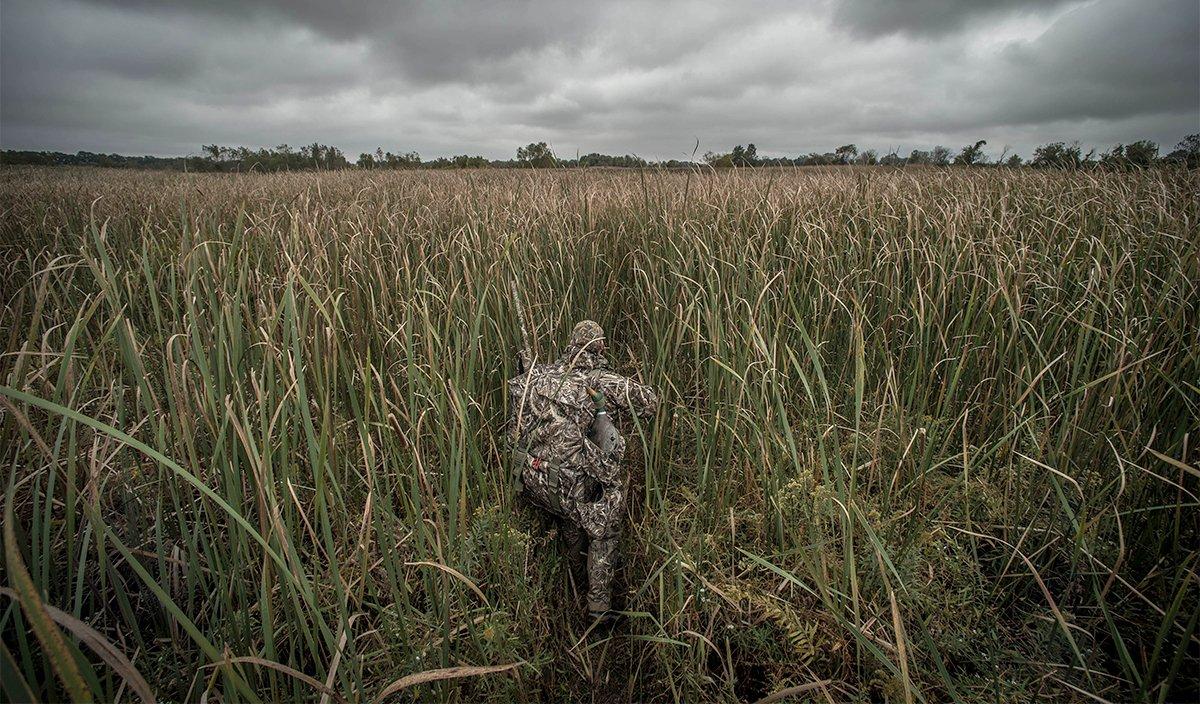
Just as with scouting, hunt areas or birds you've found yourself, and respect other parties. Don't crowd close to another boat opening day because they beat you to the X, and don't pass-shoot at descending birds working the decoys of a hunter 75 yards upwind. Be a loner, and forge your own hunt. Most crowded situations are monkey-see, monkey-do affairs. By doing your own thingyou'll enjoy the day more and probably bring home more ducks.
Photo © Banded
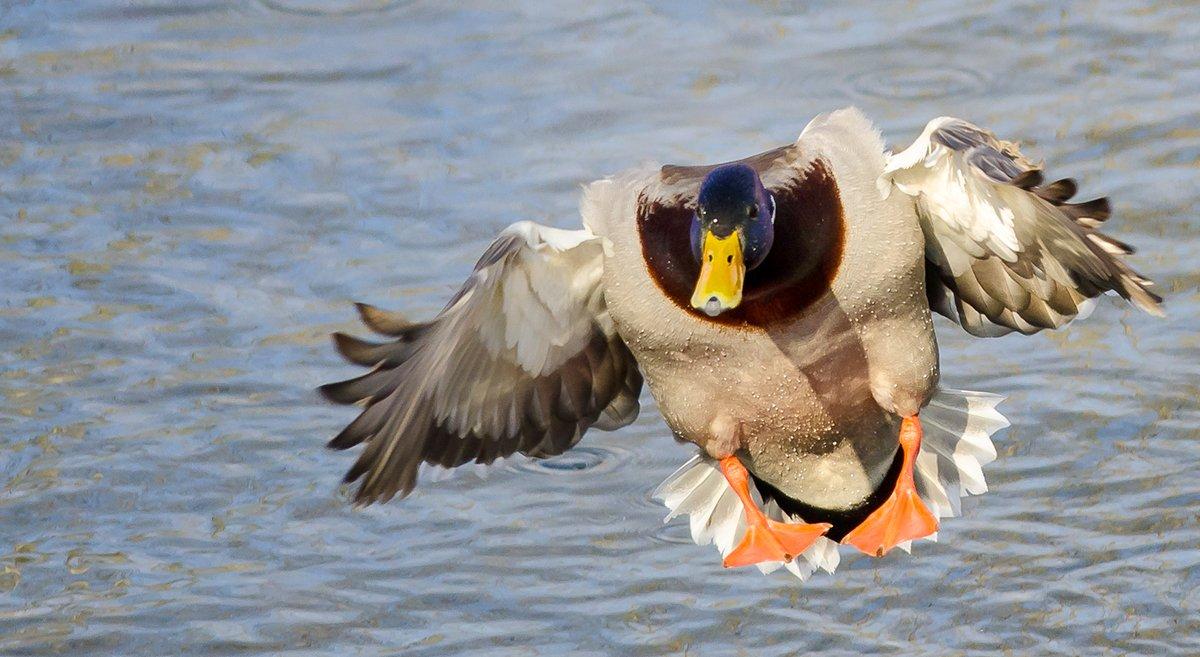
Whether you're calling in timber, decoying birds at a slough or, yes, even locating a flight line to pass-shoot evening wood ducks, do everything possible to bring birds close and take high-percentage shots. That doesn't mean you have to pancake every duck at 20 yards. Just don't believe the marketing hype and try to shoot them at 75. You want quick, clean kills that allow for easy retrieves.
Photo © RCK_953/Shutterstock
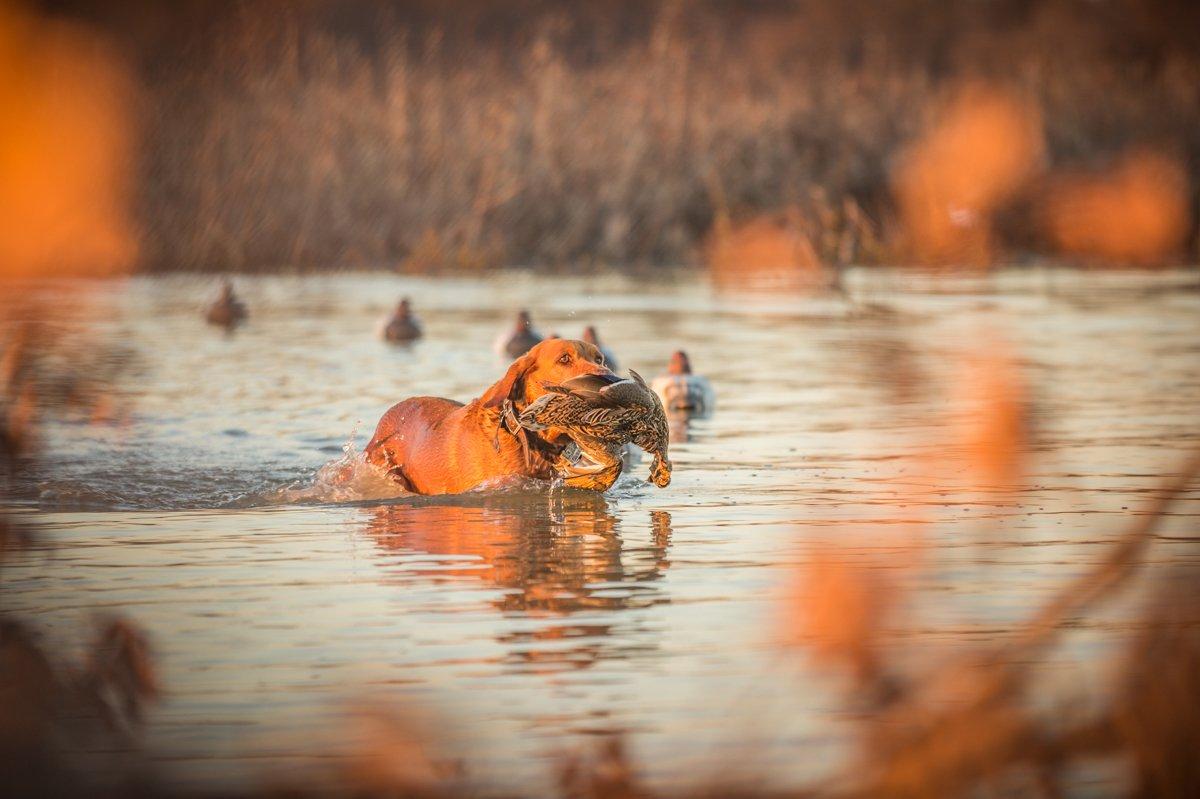
This goes hand in hand with No. 3. Make every effort to ensure that you recover each duck you shoot. A well-trained retriever is your best tool. For big-water guys, a motorboat and fishing net work well. Above all, don't shoot at ducks in situations that make retrieving them difficult. Avoid iffy opportunities and long-range flocks. And remember, you should really count any duck you hit but don't retrieve as part of your daily limit.
Photo © Bill Konway

Ducks make great table farebut they need some help from you. Don't let birds bake in the sun all day and then throw the bloodshot breasts on the grill. Clean and prepare them correctly. Clear out wound channels or bloody areas. Wash feathers off the meat, and trim the fat from diving ducks or other stronger-tasting birds. Care for and prepare them with forethought and respect. Your palate will thank you.
Photo © Michael Pendley
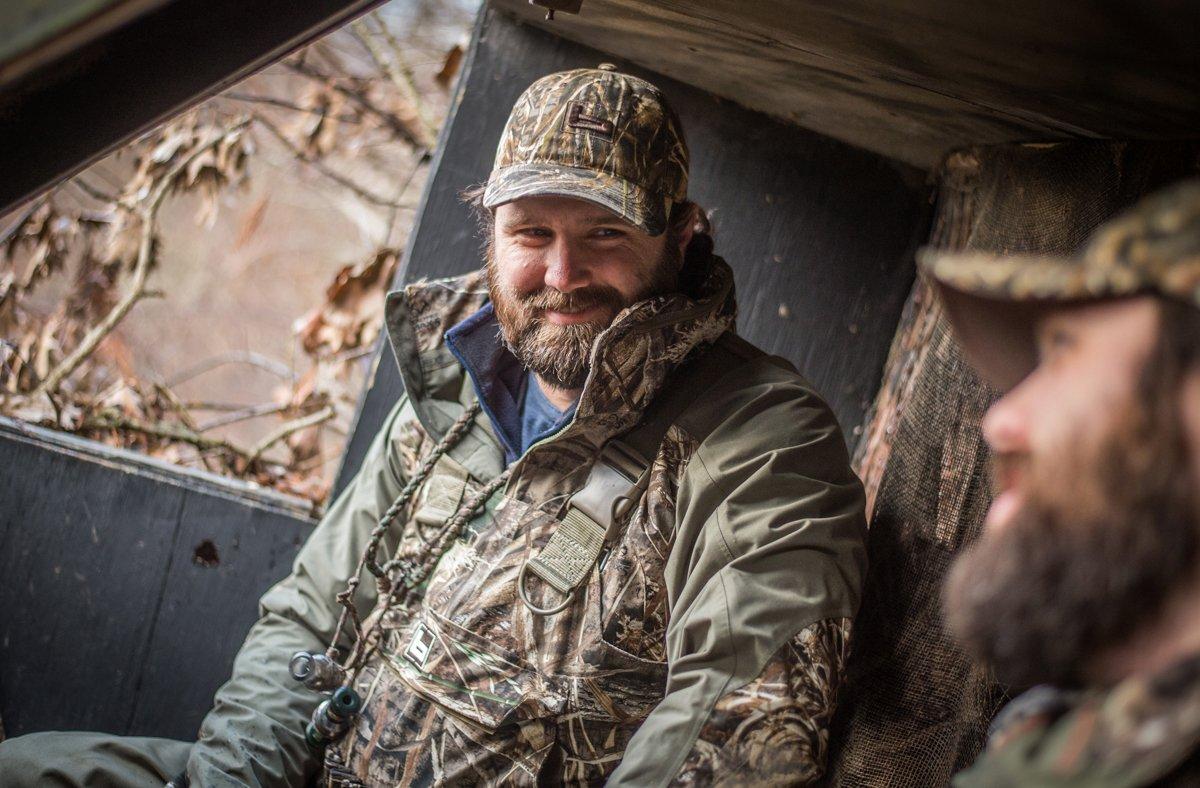
Appreciate every day in the timber or marsh. Waterfowl hunting hasn't been about subsistence for centuries, and it's never been about bragging rights. It's supposed to be fun and relaxing. Don't get too worked up about shooting a full strap or finding the next hot hole. Gaze at the sunrise, listen to the wings whirring overhead, chuckle at how much progress your dog has made and try to enjoy every aspect of the experience. If you don't, you've missed the point.
Photo © Bill Konway






